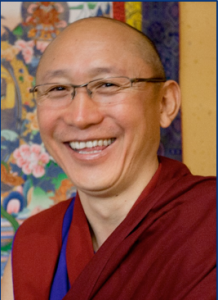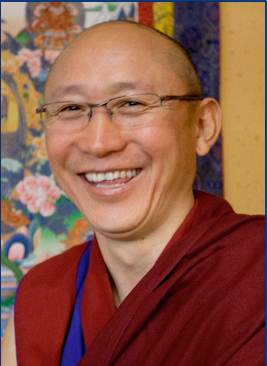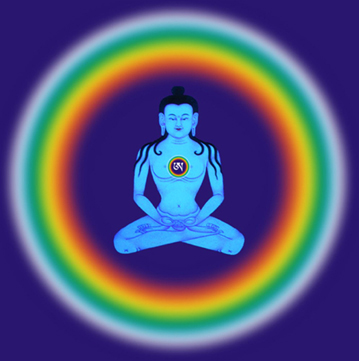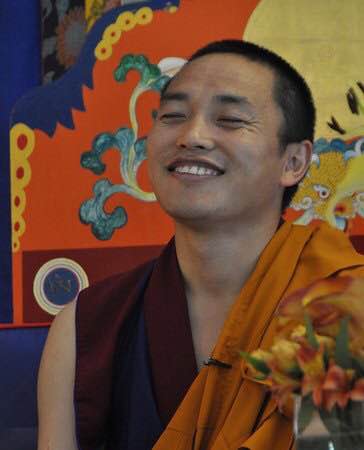 May 30-31, 2015 — 10:00 am to 4:30 pm “The Book of Natural Liberation through Hearing” (Tibetan Book of the Dead) suggests methods of preparation for death to practice while we are still living and the main preparation is the development of a clear picture of what to expect! Whatever your religion or beliefs, there are countless books and information on what the afterlife, heaven, or nirvana will be like. Who will guide you there; who will meet you there; the sounds, the lights, the smells, the sights?
May 30-31, 2015 — 10:00 am to 4:30 pm “The Book of Natural Liberation through Hearing” (Tibetan Book of the Dead) suggests methods of preparation for death to practice while we are still living and the main preparation is the development of a clear picture of what to expect! Whatever your religion or beliefs, there are countless books and information on what the afterlife, heaven, or nirvana will be like. Who will guide you there; who will meet you there; the sounds, the lights, the smells, the sights?
This weekend retreat will focus on discovering the Tibetan view of the Bardo, the transition into the afterlife.
Our lives are filled with beginnings and endings – as each moment passes, a new one appears to take its place. Nothing stands still. What happens during the process of change is a state called “the transitional phase”, which in Tibetan is called the “Bardo”. It is the actual moment of change occurring at the end of one phase and the beginning of the next—it is a condition of great power and potential within which anything could happen—it is a moment of great opportunity for those who perceive it.
The Bardo generally refers to the time in-between the separation of our mind or consciousness from our present physical body, to the time the consciousness enters the mother’s womb for re-birth. All Tibetan traditions teach: (1) that there are three main Bardo states;(2) that all sentient beings will experience the Bardo; and finally, (3) that the different Bardo states will arise consecutively.
In the Zhang Zhung Nyan-gyud tradition, the three Bardo states are:
1) The First Bardo, the Bardo of the Natural State (ka dag bon sku)
2) The Second Bardo, the Bardo of Clear Light (bon nyid ‘od gsal gyi)
3) The Bardo of Becoming, the next life (pha rol srid pa’i)
An experienced practitioner who has prepared and has some knowledge or skills will be able to recognize the Bardo states and, depending on individual capacity and experience, it is possible to reach enlightenment or the complete realization of mind, in the first, second or the third Bardo.
The Tibetan Book of the Dead is primarily concerned with methods that enable people to pass skillfully through the process of death without fear of the many experiences that will be encountered; however, the book is addressed as much to the living as to the dying. It is a book about how to live, as well as book about how to die.
Geshe La wrote a book about the Bardo in the Tibetan language; he will guide and help participants to create a clearer picture of what to expect in each of the three Bardos. Through mindfulness and meditation practices on each Bardo, we can begin to take control over our lives and our fears, now and for the future.
Geshe YongDong was born in Amdo, Tibet and now lives in Courtenay B.C. where he has established Sherab Chamma Ling, the Tibetan Bön Buddhist Centre. After studying for eleven years, Geshe La received a degree in Tibetan Bön Philosophy known as the Geshe degree at the age of 24. More information on Geshe YongDong and the Canadian Yungdrung Bon centre can be found at:www.sherabchammaling.com.
Location
1608 Bonita Road, San Pablo CA (location subject to change)
Donation $145
If you plan to attend this event, please RSVP or respond to info@gyalshen.org so that we may plan accordingly.
***




Comments are closed, but trackbacks and pingbacks are open.